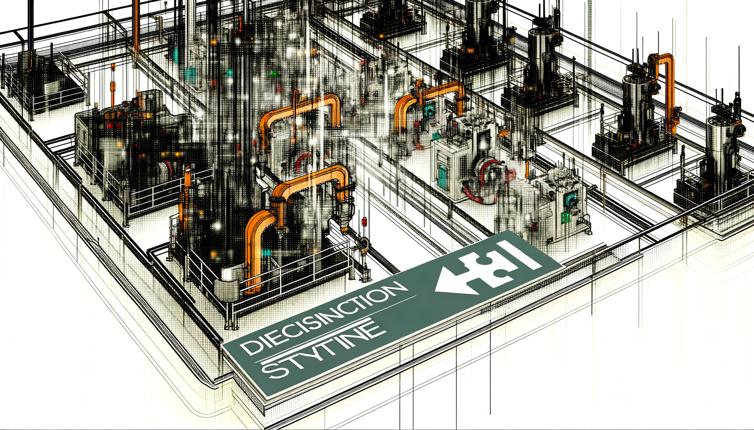Understanding Energy Requirements
The first step in selecting sustainable energy solutions for industrial processes is to understand the energy requirements of the specific operation. This includes identifying the energy sources currently being used, as well as the amount of energy consumed.,Conducting an energy audit can help identify areas for improvement and determine the best energy options for the industrial process. This audit should analyze energy consumption patterns, identify energy-intensive processes, and evaluate potential energy-saving opportunities.
Exploring Renewable Energy Sources
Renewable energy sources offer a sustainable alternative to fossil fuels and can significantly reduce greenhouse gas emissions. When selecting energy solutions for industrial processes, it is important to explore the potential of renewable energy sources such as solar, wind, biomass, and geothermal.,Solar energy can be harnessed through the installation of solar panels or the use of solar thermal systems. Wind energy can be captured using wind turbines, while biomass energy relies on organic materials for fuel. Geothermal energy utilizes heat from the Earth's core to generate electricity or provide direct heating and cooling.
Energy Efficiency Improvements
Improving energy efficiency is a crucial aspect of sustainable energy solutions for industrial processes. Energy-efficient equipment, processes, and systems can significantly reduce energy consumption and lower operating costs.,Some energy efficiency measures include upgrading to high-efficiency motors, optimizing process control systems, implementing energy management systems, and conducting regular maintenance and inspections.,In addition, waste heat recovery systems can capture and reuse excess heat generated during industrial processes, further improving energy efficiency.
Conclusion
In conclusion, selecting sustainable energy solutions for industrial processes is essential for minimizing environmental impact and improving overall efficiency. By understanding energy requirements, exploring renewable energy sources, and implementing energy efficiency improvements, industrial operations can reduce greenhouse gas emissions, conserve resources, and ultimately contribute to a more sustainable future. It is important for industry professionals to stay updated on the latest energy technologies and practices to make informed decisions and drive positive change.









